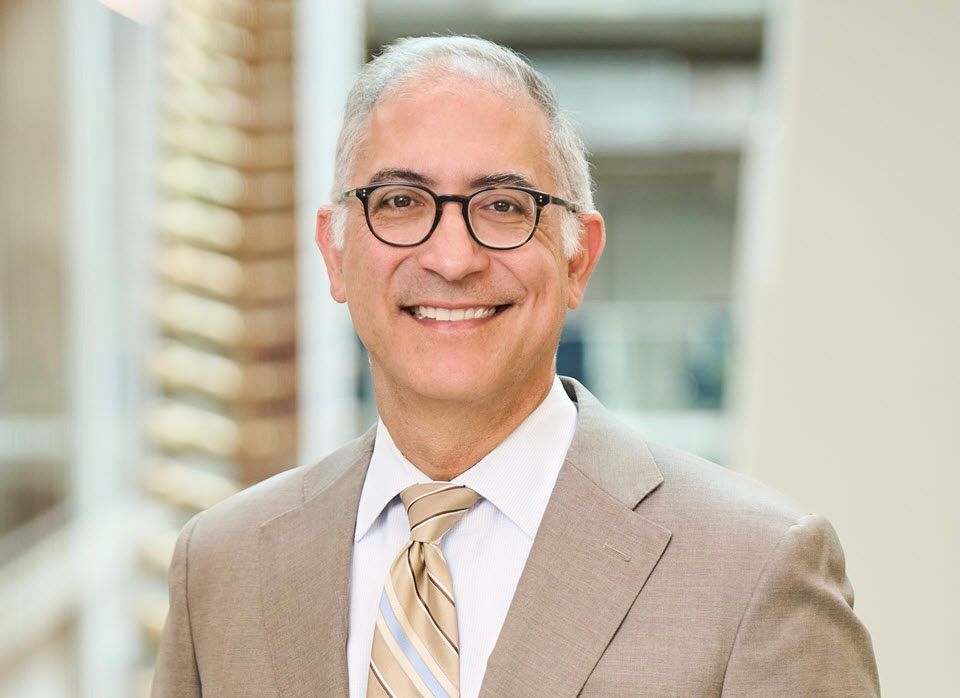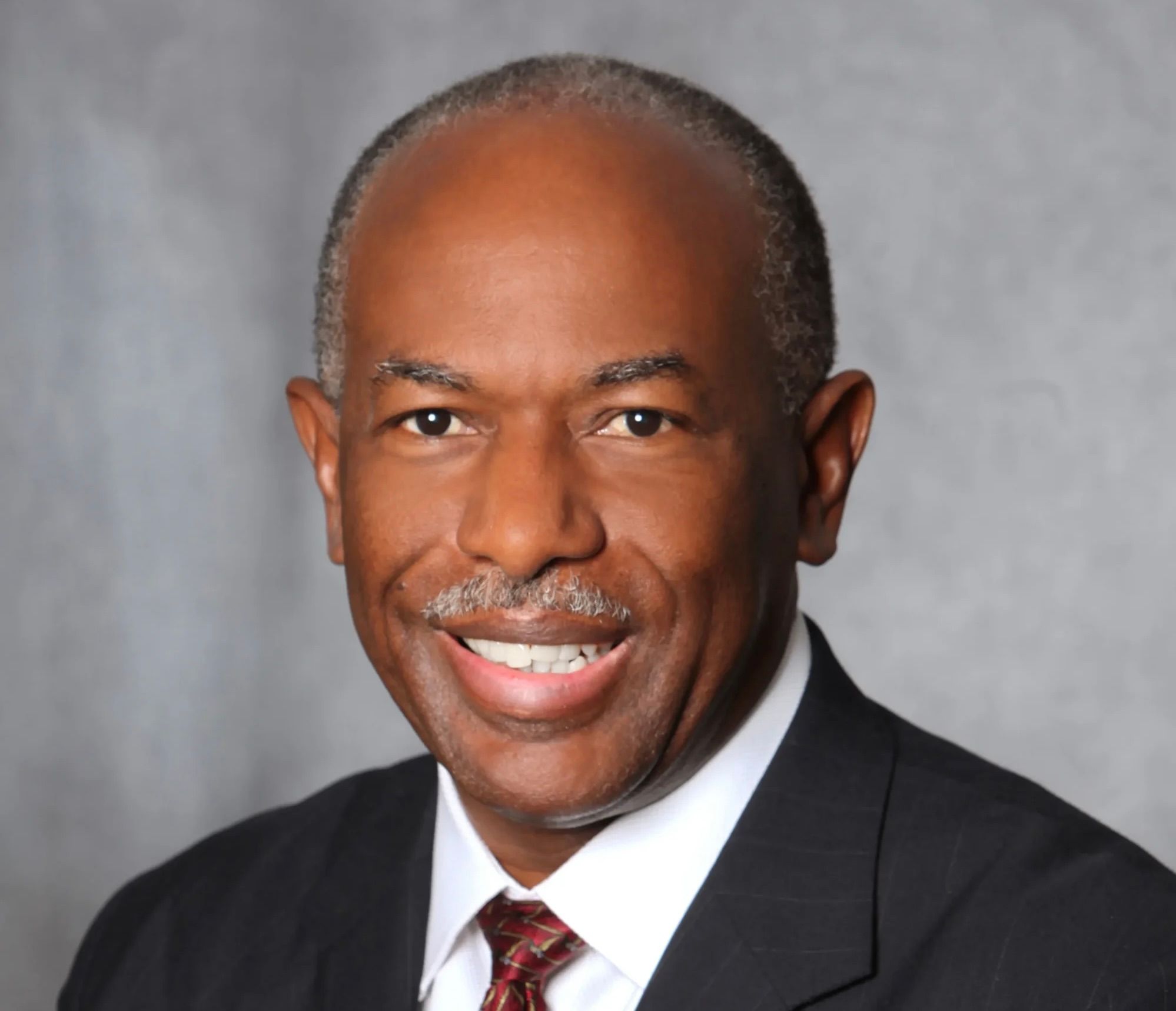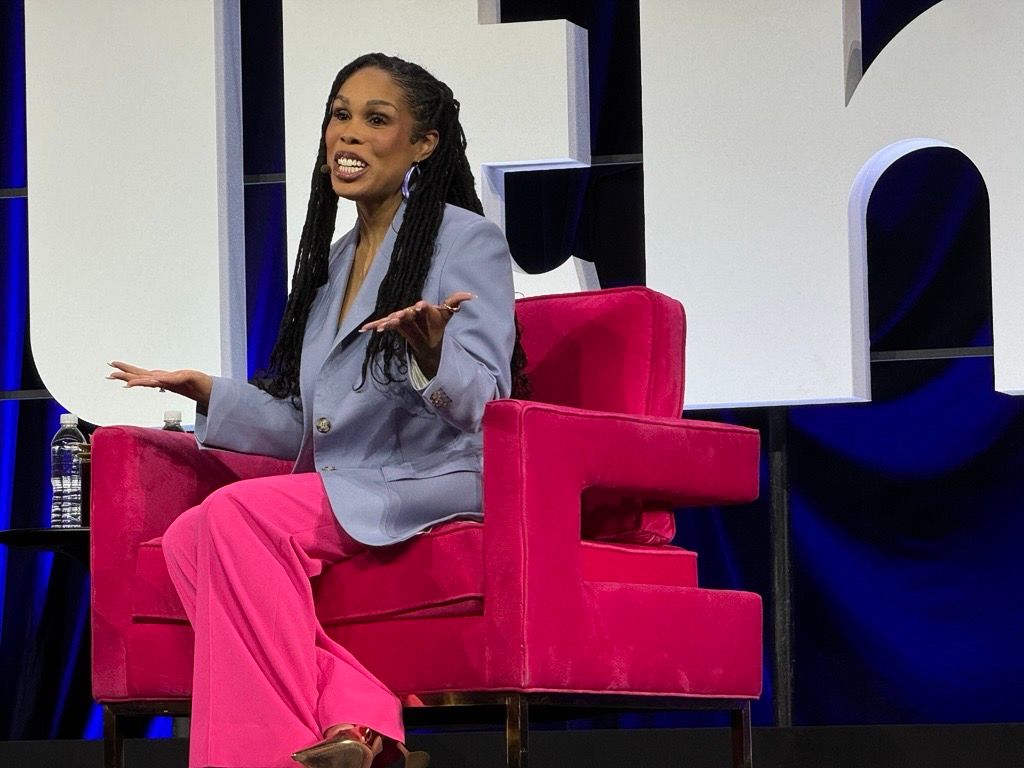
Diversity, equity and inclusion
Latest News
Latest Videos
Podcasts
More News
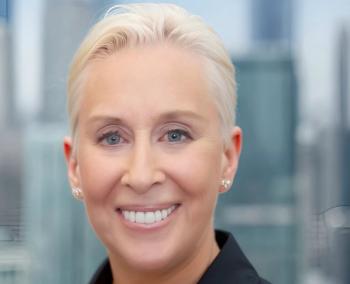
Big donations to advance women’s health have garnered national attention. Carolee Lee, CEO of Women’s Health Access Matters, is heartened to see more attention after many years of missed opportunities.
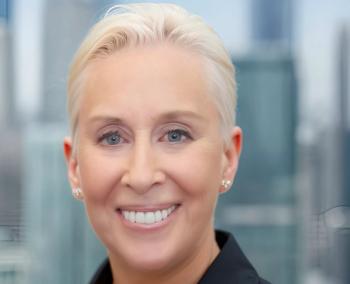
Women’s Health Access Matters is offering grants to support early-career scientists. Carolee Lee of WHAM talks about the awards and the need for more investments in women’s health.
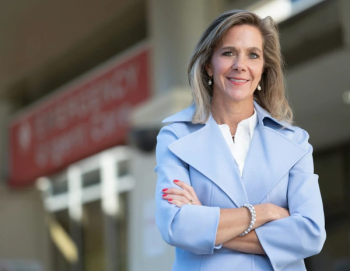
Jennifer DeCubellis will serve as the next president and CEO of the advocacy group for safety net hospitals. She succeeds Dr. Bruce Siegel, who has led the group for 15 years.
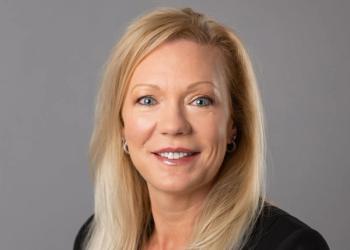
The Catholic health system is partnering with Chamberlain University on a new nurse training program. Amy Wilson of SSM Health talks about the program.
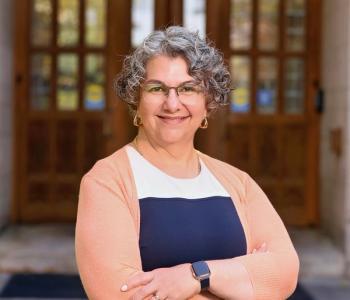
Before becoming chief nurse executive of the Duke University Health System, Theresa McDonnell ran a bakery and cared for loved ones with serious health conditions. She says it’s important to recognize lived experience.
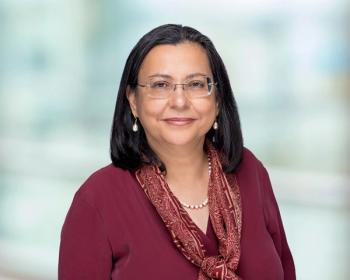
The organization says it is making a funding commitment to invest in studies of maternal health, menstrual health and other areas too often ignored.
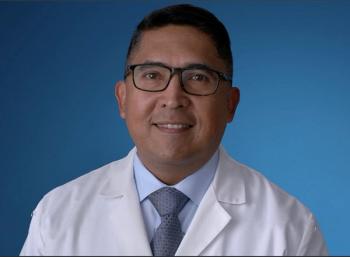
Pedro Sanchez, MD, head of pediatric medical genetics at Cedars-Sinai Guerin Children’s, was named Physician of the Year by the National Hispanic Medical Association. He talked with us about his journey.
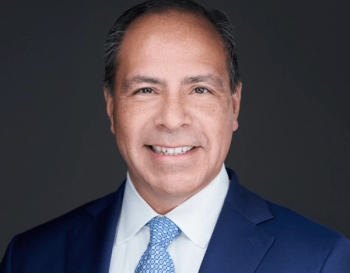
The Pennsylvania hospital system has been engaged in efforts to close disparities for years. Edward Jimenez talks about working to ensure all patients get the best care possible.

The Lown Institute again put the North Carolina hospital at the top spot in its annual ranking of providers. Jason Carter, the hospital’s president, says Duke has a commitment to access.
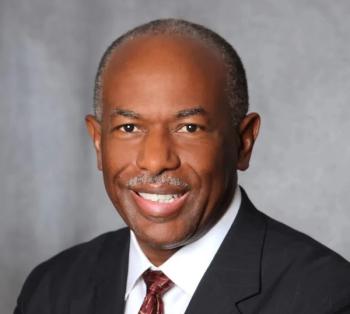
The National Institutes of Health has ended hundreds of grants to colleges and hospitals. For Meharry Medical College, a historically Black school, the reduction is devastating.

The number of first-year Black students fell by 11% this year. Dr. James Hildreth, president and CEO of Meharry Medical College, talks about the problems and turning the decline around.

At Northwestern Medicine, leaders are working to recruit more women in IT roles and prepare them for management positions.

A new report from the Leapfrog Group shows greater rates of C-sections among Black, Asian and Hispanic patients. The report also finds an uptick in C-sections.

After leading the pediatric system for more than seven years, Dr. Marc Gorelick is retiring this summer. He talked with us about navigating the pandemic, adapting to change, and why he’s focused on closing disparities.
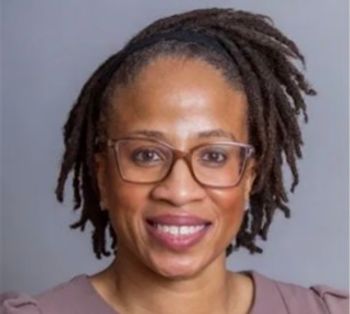
Dr. Ndidi Unaka, the chief health equity officer, talks about the steps the organization is taking and offers insights on closing disparities.

Health systems have struggled to recruit and retain talent, and some leaders say they need to get more women in the field.

Researchers found that women in health care, including physicians, don’t fare as well as women outside of the industry. Black women physicians have the highest mortality rate of any group.

The order aims to block federal funding to providers offering surgeries and chemical treatments to those under 19. Healthcare organizations have defended such care.
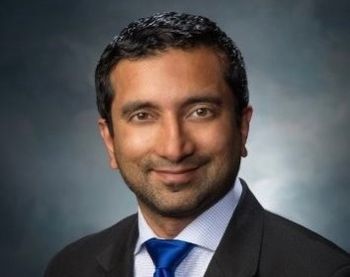
Executives are going to do work on closing disparities in disadvantaged groups, a Deloitte report finds. Jay Bhatt of Deloitte talks how to make those efforts successful.
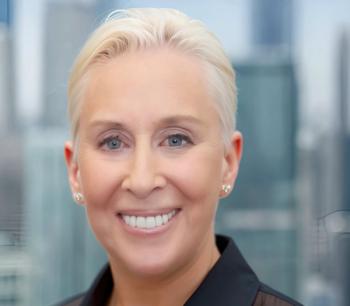
Carolee Lee of Women’s Health Access Matters (WHAM) talks about spurring investments, understanding women’s health isn’t a niche market, and raising awareness about the untapped opportunities.

Liana Douillet Guzmán, CEO of FOLX Health, talks about serving a community that has had bad experiences with healthcare, concerns about Donald Trump’s return to the White House, and why she’s still optimistic.

There are greater incidences of cancer among younger women, and Black and Native Americans have higher mortality rates, according to new figures from the American Cancer Society.

The Supreme Court struck down affirmative action in higher education admissions, and new data from medical colleges shows the ruling is having an impact.

The institutions are building on efforts to close disparities and offer better care for Black Americans and others in underserved groups.
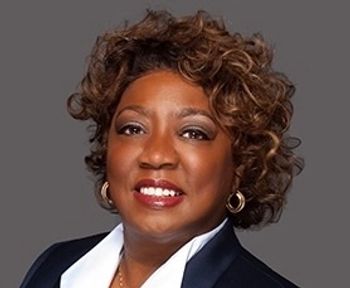
Deborah Phillips, executive director of the Black Directors Health Equity Agenda, talks about diversity in improving care and why she’s not hung up on labels in the face of DEI critics.


